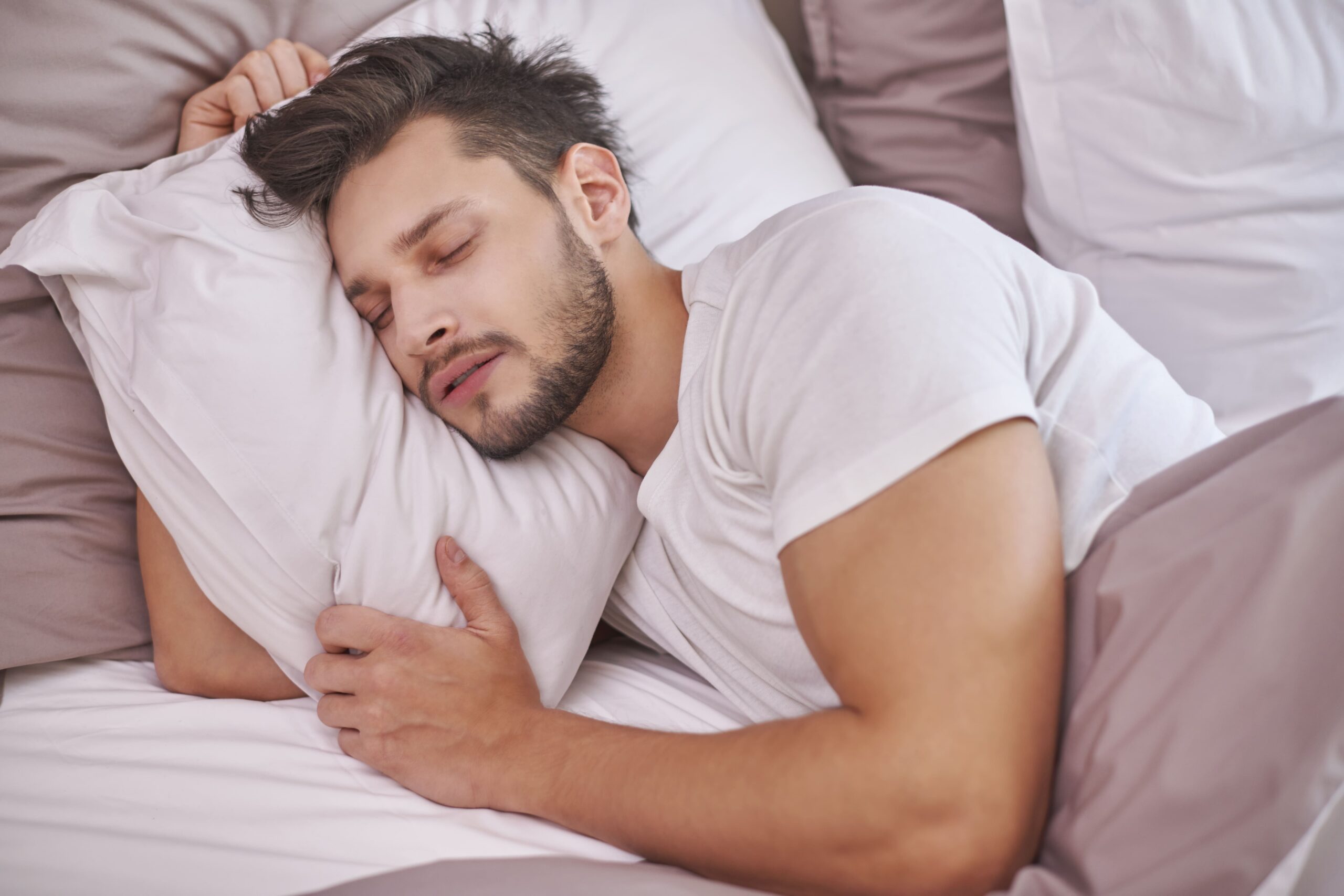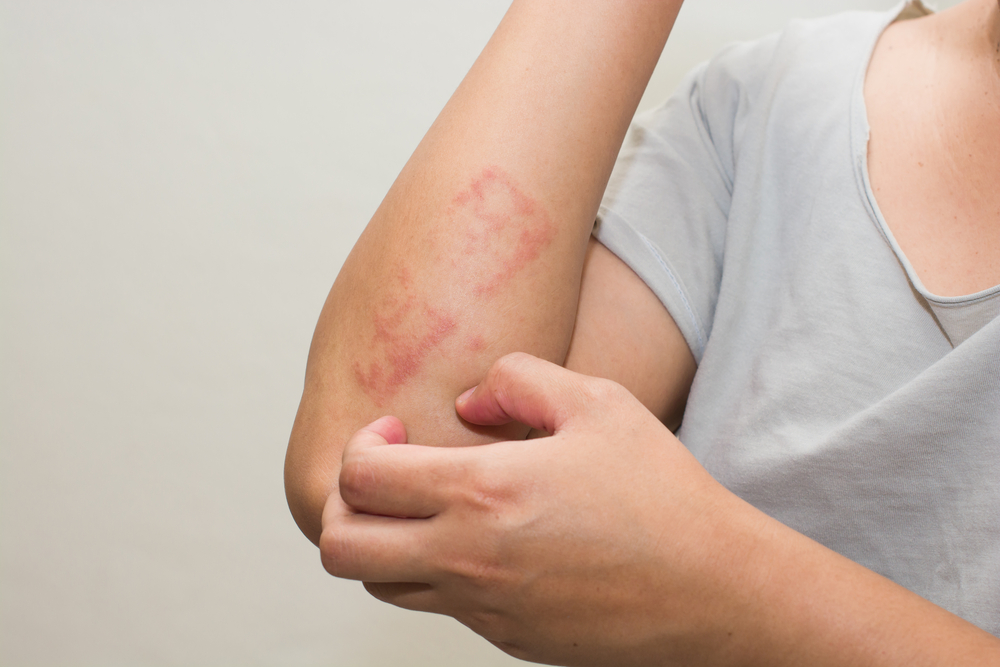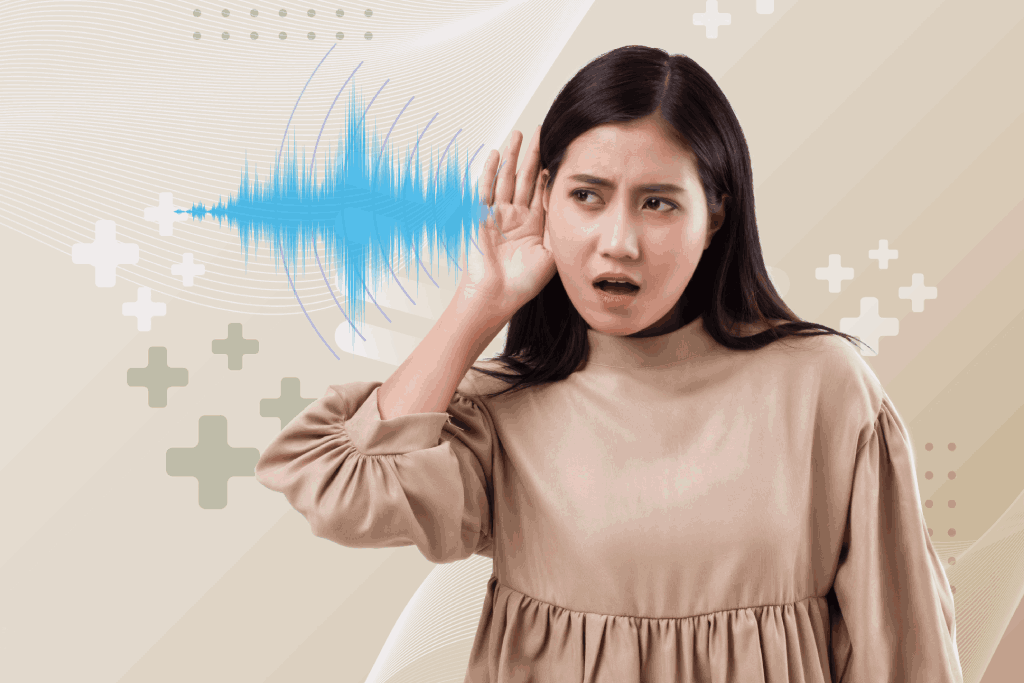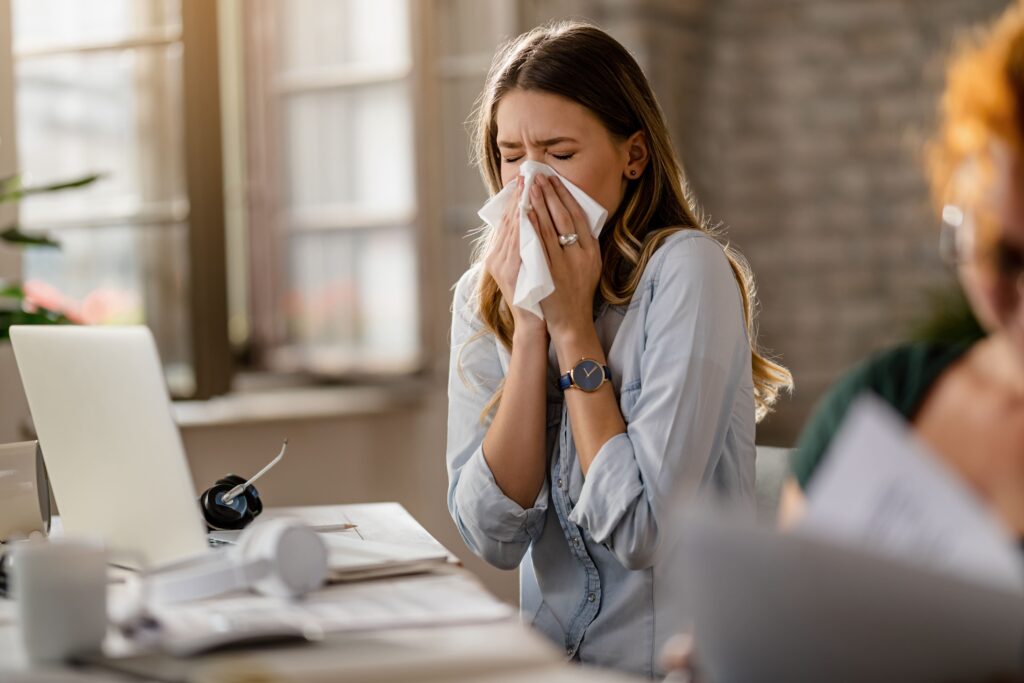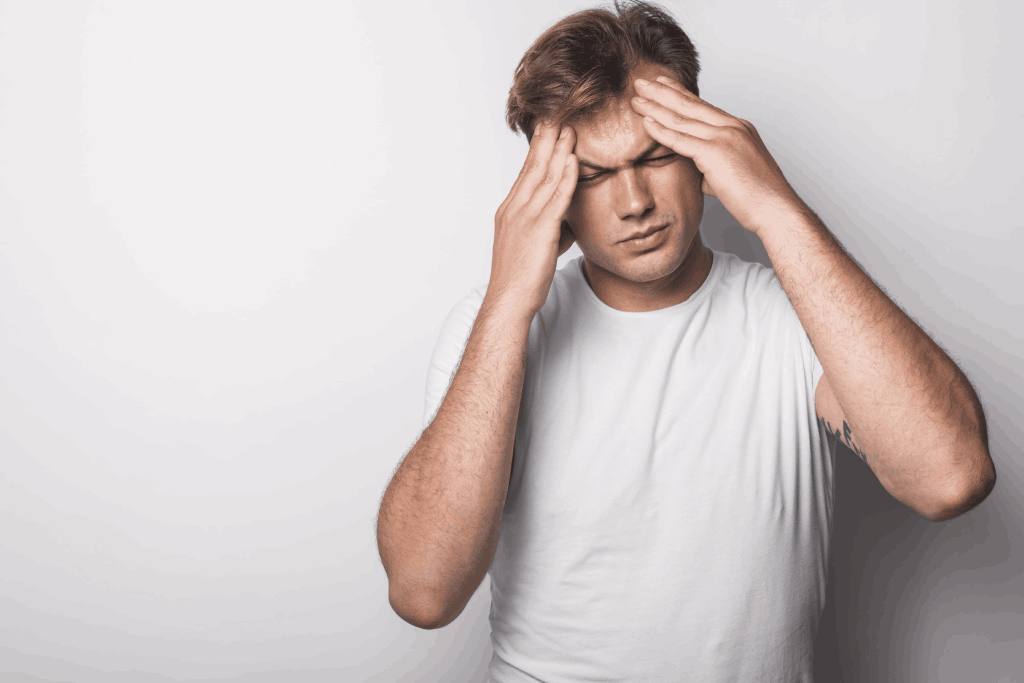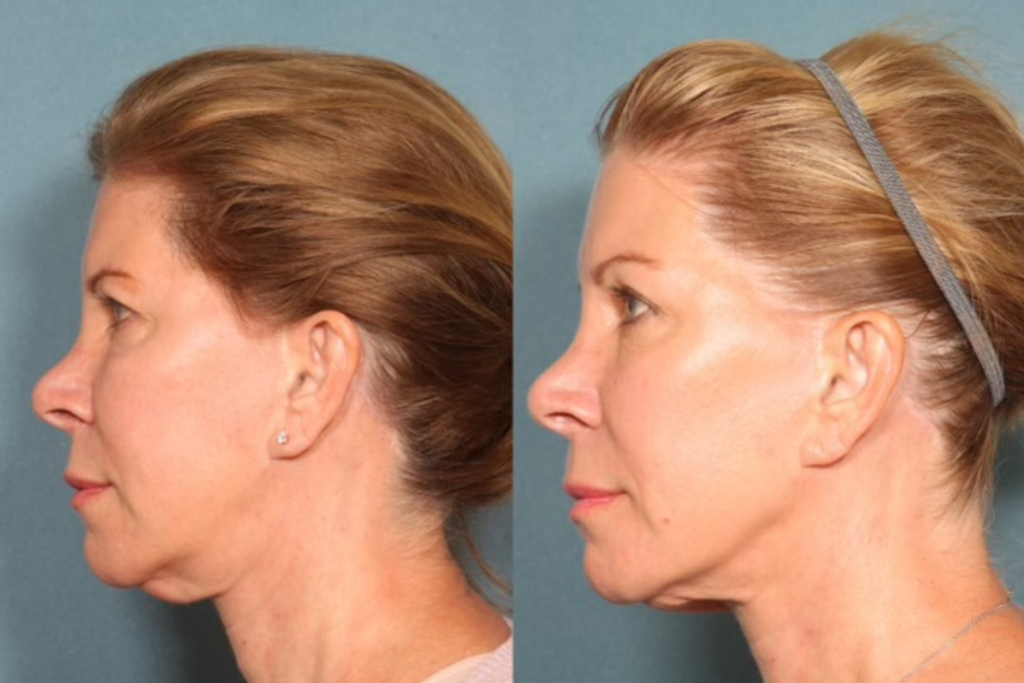Sleep is one of your body’s essential functions, and if you don’t sleep well enough, it affects your waking hours significantly. If you’re experiencing problems with sleeping that could be due to sleep apnea, board-certified otolaryngologist Gerald Suh, MD, and his team at Princeton ENT and Sleep, LLC, can help. They provide at-home sleep diagnostic studies to find the cause of your problems and offer a range of effective treatments for sleep apnea. Call the Princeton, New Jersey, office to find solutions to your sleeping problems or book an appointment using the online tool.
Sleep Apnea
What is sleep apnea?
Sleep apnea is a common form of sleep disorder that stops you from getting a good night’s sleep, so you wake up feeling unrefreshed. Left untreated, sleep apnea could cause:
- Headaches
- High blood pressure
- Strokes
- Diabetes
- Heart problems
Sleep apnea is, therefore, a dangerous condition, so if you or a loved one has sleep apnea, you should arrange to undergo sleep apnea testing at Princeton ENT and Sleep, LLC.
What causes sleep apnea?
There are two leading causes of sleep apnea: central sleep apnea and obstructive sleep apnea.
Central sleep apnea
Central sleep apnea is caused by your brain failing to send the right signals to muscles that are responsible for breathing. This type of sleep apnea is less likely to affect you than obstructive sleep apnea.
Obstructive sleep apnea or OSA
OSA is caused by the structures in your throat closing when you’re asleep. The muscles in your throat relax too much, so they no longer support your soft palate. As a result, this part of your throat blocks the windpipe off, so air isn’t getting into your lungs.
Your brain detects this and makes you wake up for an instant to get you breathing again. You’re unlikely to remember these waking periods as they’re so brief, but they can happen many times and make it impossible to get the sleep you need.
What symptoms does sleep apnea cause?
One problem with sleep apnea is that, very often, people don’t realize they have it. Because you’re asleep, you don’t hear the frequent snoring that sleep apnea can cause, and you don’t remember all the times you wake up in the night.
Someone who sees you sleeping might notice you stop breathing at times. Or if you sense yourself waking up snorting or with a choking feeling, that might alert you that there’s a problem. Feeling tired all the time and getting drowsy during the day is another typical symptom.
How is sleep apnea diagnosed?
To diagnose sleep apnea, the team at Princeton ENT and Sleep, LLC, provides in-home sleep apnea testing services. That means you can go home and go to bed as normal, rather than having to spend the night in a sleep clinic.
On the day of your sleep test, you visit Princeton ENT and Sleep, LLC, where the team fits you with a sensor that goes on your wrist. They show you how to use the device, which records the levels of oxygen in your blood through the night and other information that can help diagnose sleep apnea.
The next day, you return the monitor for analysis.
How is sleep apnea treated?
Your provider at Princeton ENT and Sleep, LLC, uses specialized equipment to treat your sleep disorder.
One of the most effective ways of treating obstructive sleep apnea is a CPAP (continuous positive airway pressure) device, which you wear when you’re asleep. The device delivers air under pressure into your throat, which keeps your airway open. An oral appliance is another option, should CPAP not work for you.
Find out whether you have sleep apnea by calling Princeton ENT and Sleep, LLC, today, or book an appointment online.

